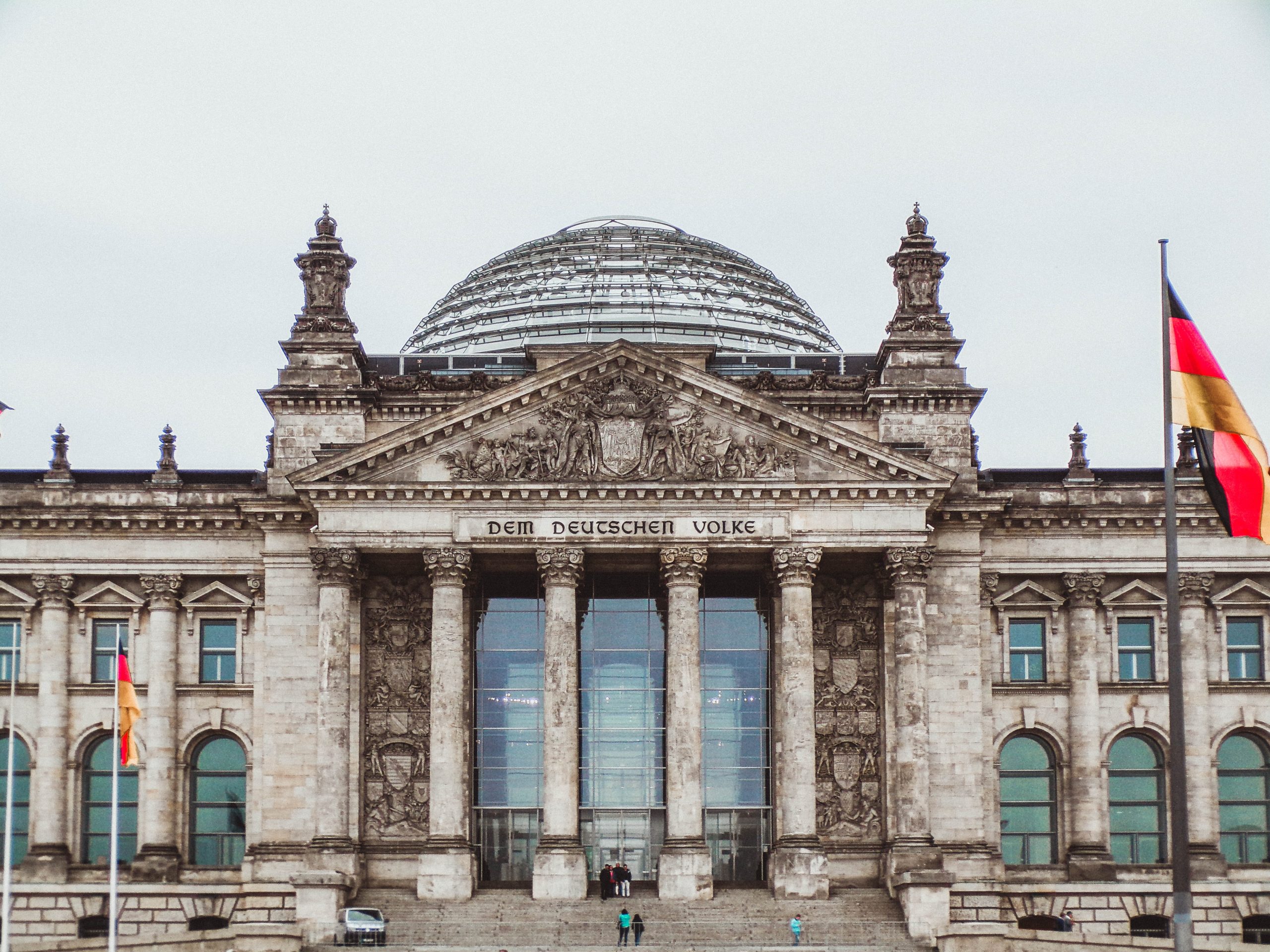Germany has set the stage for a potential clash at the upcoming G7 summit by pushing for the endorsement of natural gas. This move has put the country at odds with other members of the group, who are increasingly turning to renewable energy sources in their bid to combat climate change.
The German government has been promoting natural gas as a “bridge” fuel that can help to reduce emissions while providing a reliable source of energy. However, this stance has drawn criticism from environmental groups and some other G7 members who argue that investing in gas infrastructure would only delay the transition to a clean energy system.
The G7 summit, which will take place in Cornwall, England in June 2021, is expected to focus heavily on climate change and green recovery in the wake of the COVID-19 pandemic. The summit will bring together the leaders of the world’s seven wealthiest democracies, including the United States, Canada, Japan, France, Germany, Italy, and the United Kingdom.
Germany’s push to endorse gas at the G7 has already sparked controversy, with some experts warning that it could undermine efforts to reduce emissions and accelerate the transition to renewable energy. They argue that investing in natural gas infrastructure would create a lock-in effect, making it harder to transition away from fossil fuels in the long run.
Despite these concerns, Germany is not alone in its stance on natural gas. The United States, Canada, and some other G7 members have also been promoting gas as a bridge fuel, citing its lower emissions profile compared to coal and oil.
The G7 summit will be a crucial opportunity for these countries to chart a course for the energy transition and demonstrate their commitment to addressing the urgent challenge of climate change. The outcome of the summit will be closely watched by the international community, with many hoping that the leaders of the world’s wealthiest democracies will take bold and decisive action to tackle this pressing issue.




